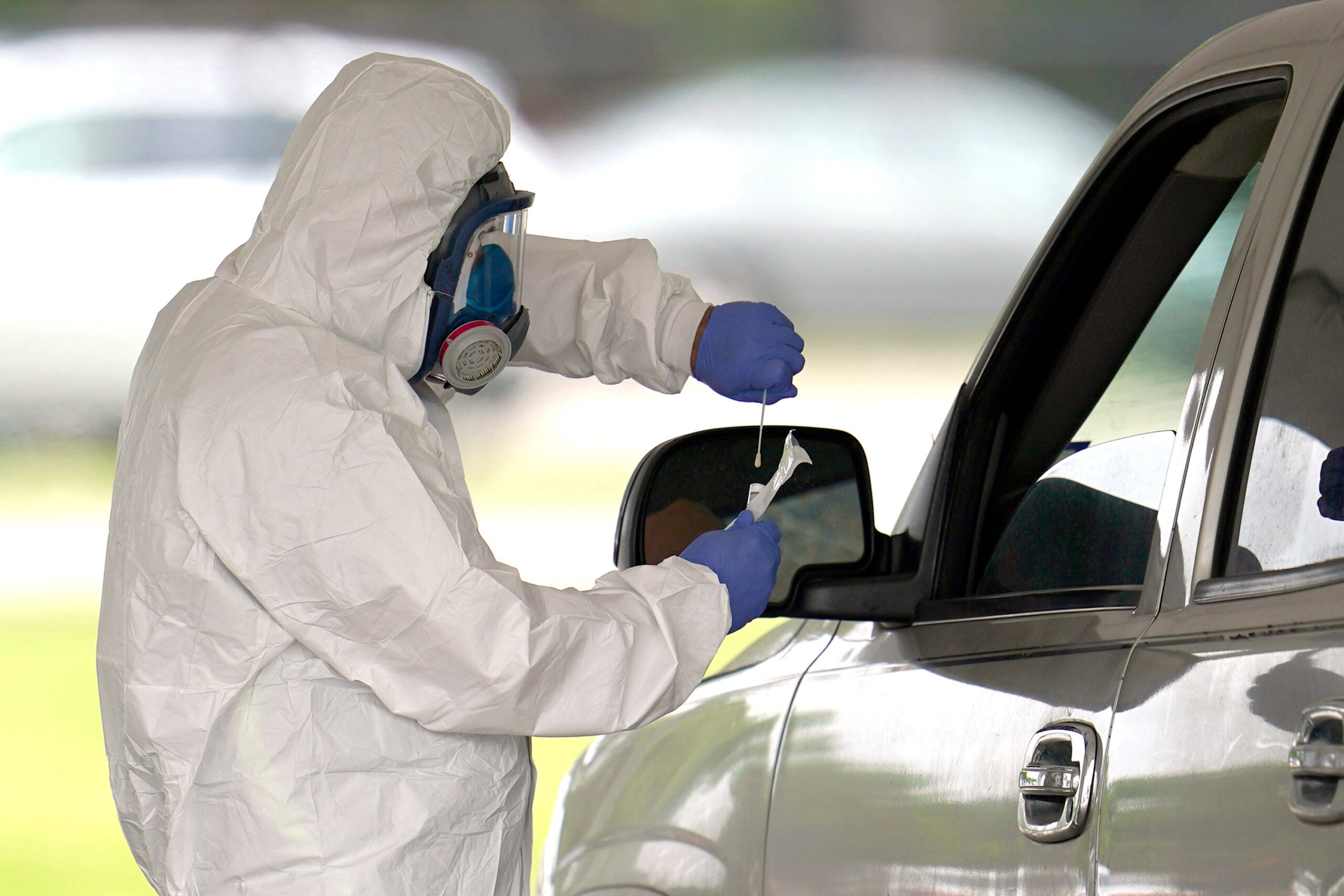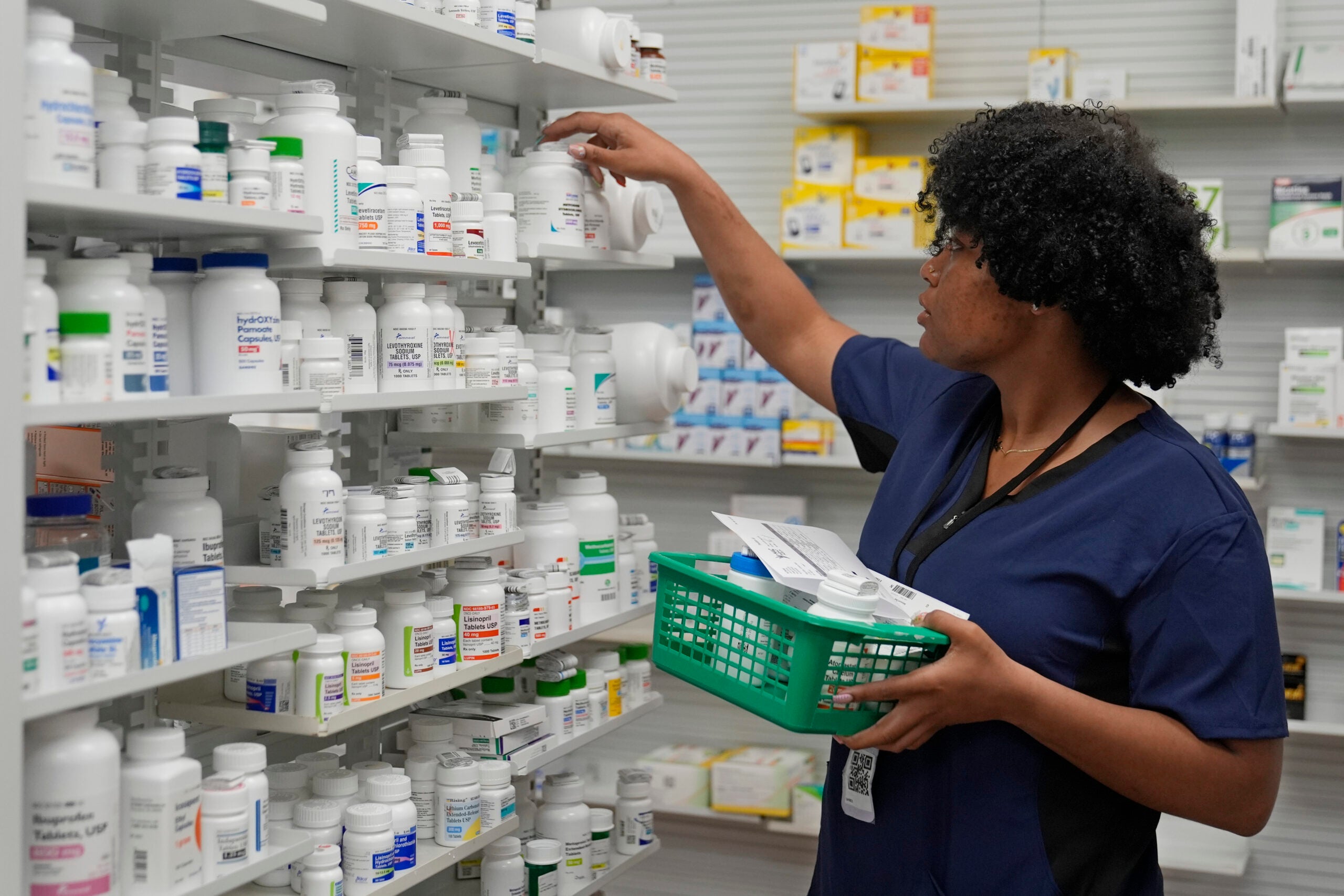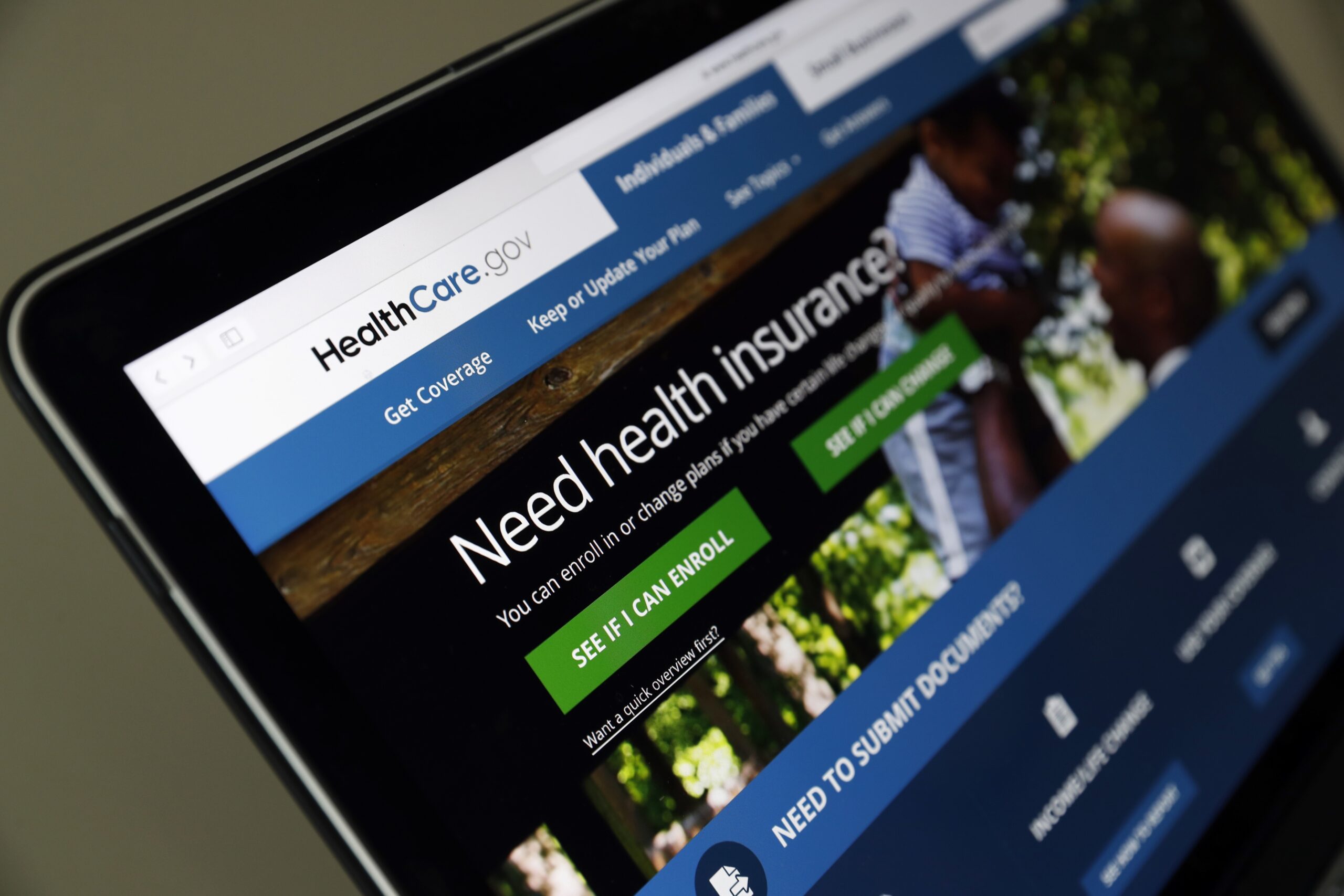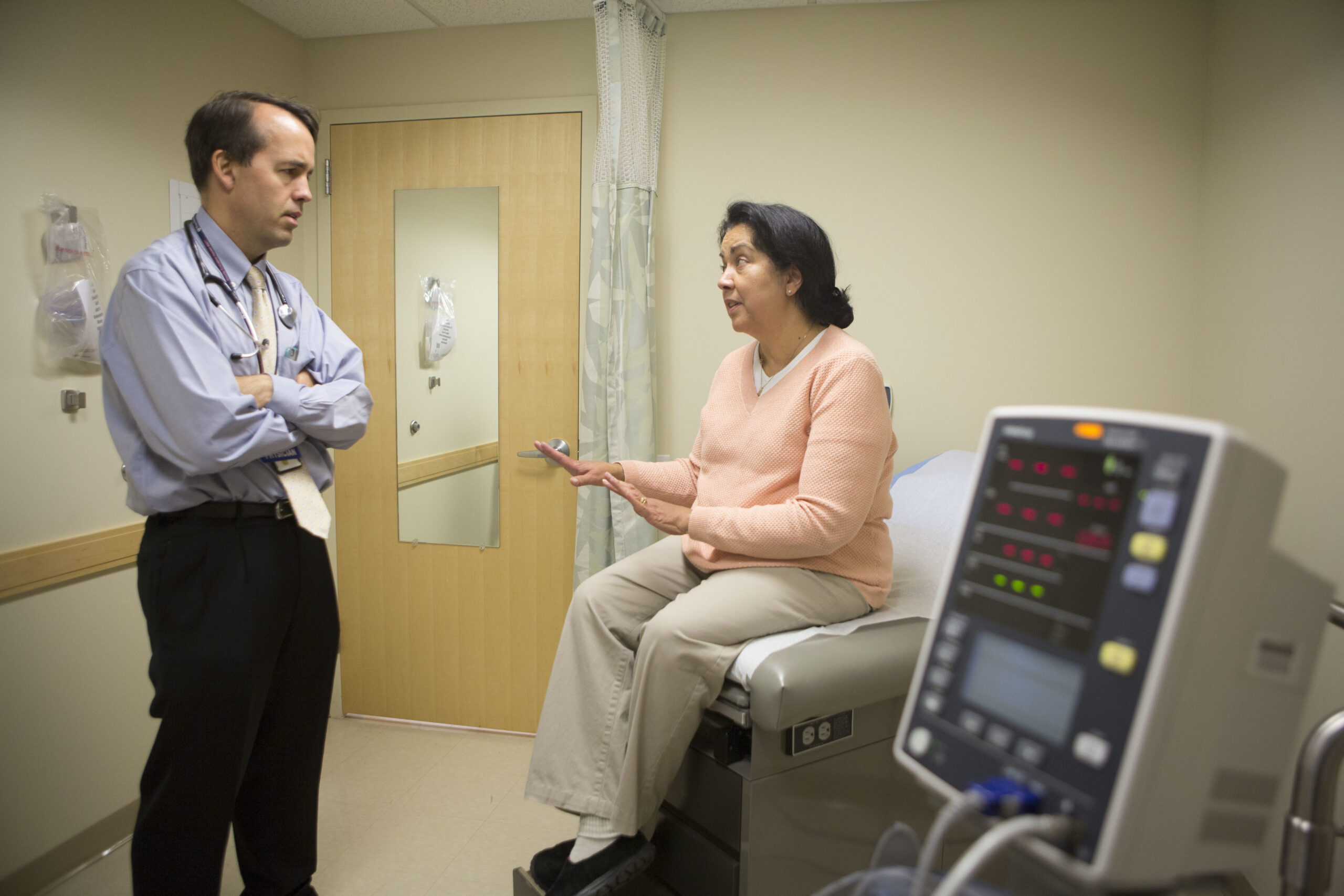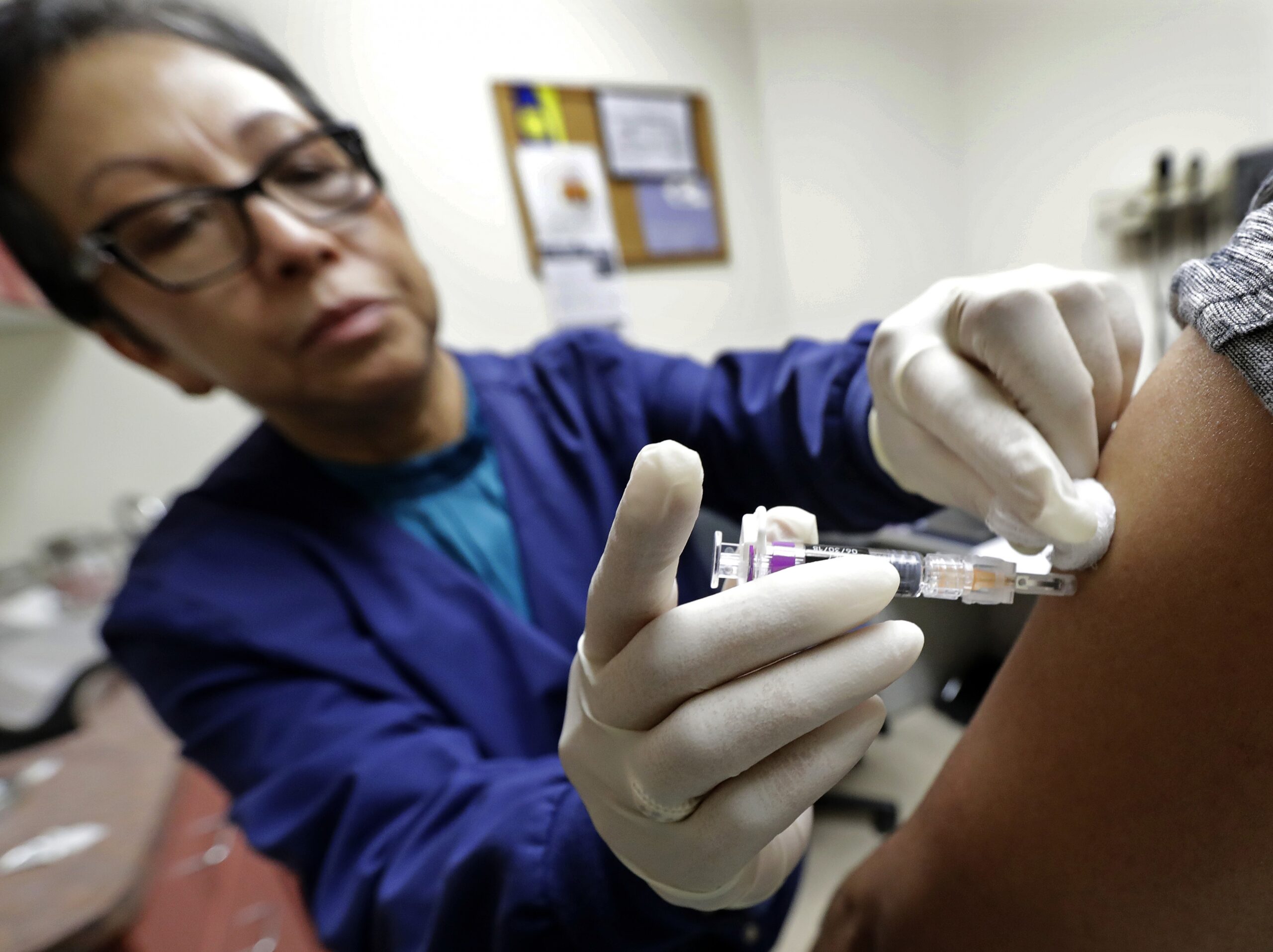As the number of cases of COVID-19 continue to grow, WPR’s WHYsconsin has received numerous questions from Wisconsinites wondering how their health insurance is affected by the outbreak.
WPR’s Mary Kate McCoy recently spoke with Scott Adams, chair of the University of Wisconsin-Milwaukee’s Economics Department, and officials with the state Department of Health Services and the Office of the Commissioner of Insurance to answer your questions.
These exchanges have been edited for brevity and clarity.
Stay informed on the latest news
Sign up for WPR’s email newsletter.
Q: If I don’t have health insurance, can I still get a test?
Scott Adams: Technically, tests are supposed to be available to anyone regardless of their health insurance status and there is supposed to be no charge for a COVID-19 test. The problem with that is most of the time, your first contact is your physician. And if you don’t have a regular doctor, things become dicey at that point because you can get care from your doctor and most of the time your symptoms will be monitored and you’ll be told not to go for treatment or to the emergency room until some of those symptoms persist.
Now, if you don’t have insurance and regular access to care then who are you going to call? And just showing up to the emergency room may not be the best option at that point because you’re going to have the emergency room visit, you’re going to have all the tests that may or may not be directly related to COVID-19. So there’s certainly a lot of gray area about what’s covered.
Q: If I don’t have a primary care physician, what do I do?
Wisconsin Department of Health Services: We would direct people to our nurse triage line. Those who are concerned they might have the virus can complete a confidential online COVID-19 health screening at “Get Screened for COVID-19.” If required, a registered nurse trained to assess and triage immediate COVID-19 screening results and health concerns will contact them directly.
Q: What if someone had health insurance and then got laid off?
SA: There are a lot more options for people who have been laid off. Unfortunately, none of them are financially great. The first thing you could do is, you’re eligible for COBRA, which is the program that allows you to maintain your health insurance coverage that you had. But you have to pay for that. It’s often less than what you might have to pay in the individual market. And if you like your previous insurance, that might be the best way to go in this time.
Option No. 2 is, see if you’re eligible for Medicaid at this point. Medicaid will ultimately not only cover your tests, but one of your best bets to cover your treatments. I’d also encourage people who are not insured, that haven’t been insured, to make sure that they’re not eligible for Medicaid because there are certainly a fair number of people who qualify for Medicaid that don’t enroll.
In Wisconsin, you don’t have the option of buying into the insurance exchange because they have not been opened. There are states that run their own insurance exchange as part of the Affordable Care Act. Wisconsin is not one of those, they rely on the federal exchange and the Trump administration hasn’t opened that.
Wisconsin Office of the Commissioner of Insurance: Individuals who have had a change in circumstances, like the loss of employer-based health insurance, may qualify for a special enrollment period to enroll in health insurance on the federal health insurance marketplace. A special enrollment period lasts for 60 days and begins when the change in coverage or life change occurs.
Q: If you do have insurance, what is covered?
SA: It all depends on your insurance policy. So the only thing that is mandated is the testing. And all large insurance companies have said they will waive the co-pay and the deductible for the testing.
But that’s only going to be one part of the hospitalization. If you’re having trouble breathing, you could be in the hospital for days. That’s going to involve costs, if you have the misfortune to be put on a ventilator, that’s going to last a long period of time and be incredibly expensive. And it’s earlier in the year, so many people haven’t reached their deductible or co-pay. They’re gonna be on the hook for all of that at this point.
Now, there is $100 billion that’s been allocated as part of the COVID-19 stimulus that was passed and signed by the Trump administration that will be allocated to health care systems to help offset some of these costs. Now, the extent to how those are going to filter down to individuals, it’s probably going to be the case that they’ll make room for negotiation downward with some of these bills.
But a lot of that remains to be seen.
For more information regarding health insurance:
- Call 211 or visit https://211wisconsin.communityos.org to connect with local nonprofit and government services in your area
- Call 608-261-1455 or visit coveringwi.org for free, local help connecting with health insurance and care
- Visit Healthcare.gov
